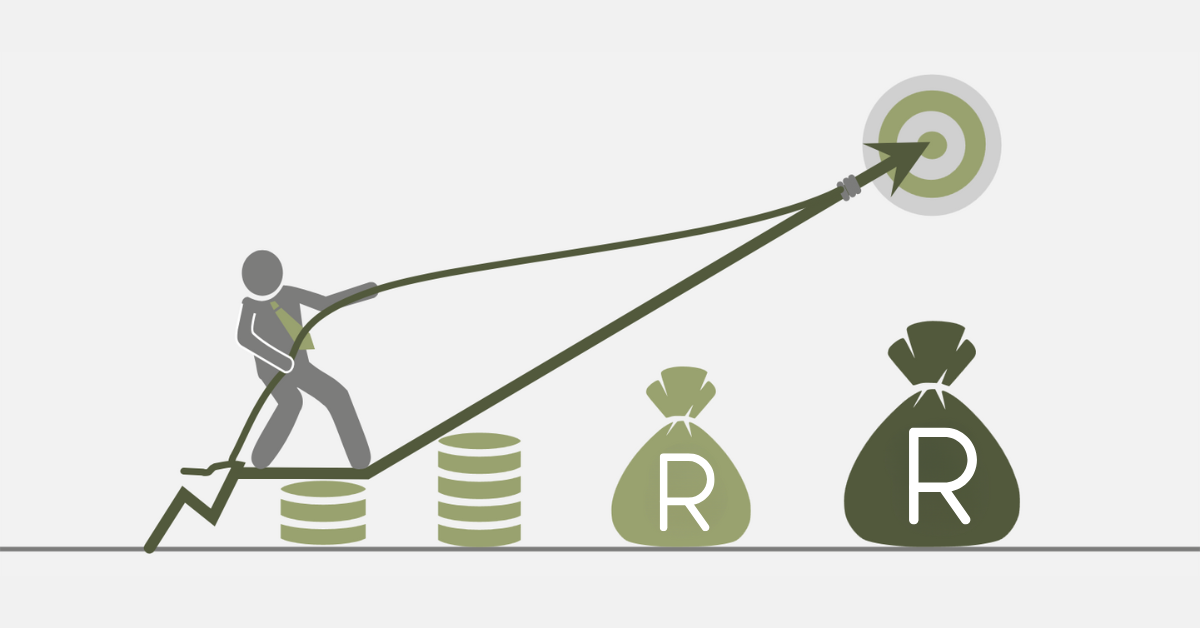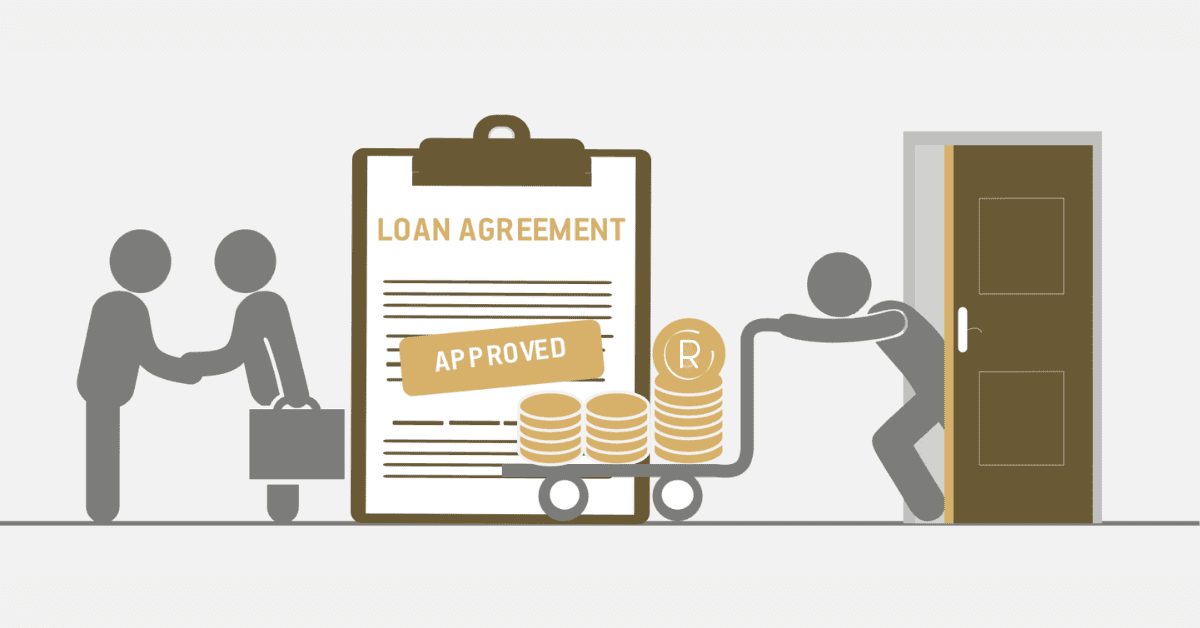Even though once in a lifetime, your dream holiday might be way too expensive to cover. Mutual funds are considered a long-term investment. However, it is not so well-known that mutual funds can be applied to fund medium- and short-term goals, like holidays. You can see your money grow and eventually cover holiday expenses by investing correctly in mutual funds and planning.
How to Pay for Your Dream Vacation Using Mutual Funds
Funding a dream vacation with mutual funds requires strategic planning and disciplined investing. First, one should have a clearly defined financial goal. Estimate the total cost of such a vacation in flights. Add accommodation, meals, entertainment, and any other expenses. Once you have a target amount, you can develop a contribution plan that aligns with your vacation timeline.
For those dream vacations that are still several years down the line, mutual funds are a good investment vehicle that builds your nest egg in a decent time but keeps it somewhat liquid and accessible. Short-term goals, though, such as going on vacation, could be better invested through low-to-moderate-risk investment vehicles like mutual funds.
Balanced Funds or Income Funds will ensure your investment gives a regular return without being so vulnerable to the high volatility of equity funds. These typically hold a combination of bonds and stocks that balance growth potential with safety. Returns from such funds can often outpace inflation, building your vacation fund more effectively than an ordinary savings account.
The secret to financing your vacation with mutual funds is through regular contributions. If you invest regularly, you can take advantage of dollar-cost averaging half in the battle to take the sting out of market volatility. Even modest, frequent investments will grow substantially in two or three years, bringing your dream vacation within reach.
How Much Cash is Needed to Start a Mutual Fund?
These schemes are accessible to anyone. You don’t have to be swimming in cash to invest in them. Their entrance levels, especially in South Africa for many mutual funds, can be pretty affordable-even to the man in the street. Most mutual funds have low minimum investment levels; the minimum investment can be from R500 to R1,000. This makes mutual funds an excellent option for investors initially or for short-term goals, such as going on vacation.
Once you decide to start, you must set a budget for how much you can truly afford to invest regularly. Since you are funding a vacation, you might consider setting up automatic monthly contributions that fit your budget. Most mutual funds in South Africa allow regular monthly donations, a minimum of R300. These regular contributions and returns from the fund will enable you to accumulate the amount you require for holidaying over time.
How Do I Redeem Money from Mutual Funds?
When you have accumulated enough money in the account to take your vacation, you will want to know how to collect it on your investment. The redemption of money from mutual funds is easy in South Africa, but one should strategize in advance because the withdrawals do not happen instantly. You usually have to file the request for redemption of mutual funds with the institution where your mutual funds are maintained. Still, it is available online, through the phone, or even physically, and whatever facility your provider offers.
The redemption time can vary from a couple of days to weeks. This typically depends on the nature of the mutual fund and how prompt the monetary institution processes are. If you intend to use your mutual fund venture for your vacation, placing the redemption at least a month in advance is good. In this way, there will be enough time for the money to be sent to your bank account and not delay any portion of your holiday planning.
One thing to remember while redeeming mutual funds is that some come with a small fee or may even have a tax implication. Some mutual funds impose a nominal exit fee once you take out your earnings within a stipulated period. Others may have performance fees concerning the returns generated. Apart from this, capital gain tax will be implied on the profit accrued from your investment. It is, therefore, advisable to consult a financial adviser or investment provider whenever you want to redeem some of your funds so that you are adequately briefed on the total costs and the after-tax implications.
How Do You Make a Fortune with Mutual Funds?
While mutual funds work wonders to keep a stash for short-term needs, say a vacation, strategic usage results in wealth creation over the long haul. Time, patience, and consistent investment are the keys to making a fortune in mutual funds. Given time, the magic of compounding can function even on the tiniest of investments to make quite sizable fortunes. The longer you leave your coins in the scheme, the more time it has to grow. You earn returns on your original investment and the venture’s returns. Proper mutual fund selection will determine how one can maximize his full wealth-building potential.
Generally, equity funds are invested mainly or wholly in stocks, giving the highest returns over the long term but with higher risk. Investors with a high-risk tolerance can consider investing with a longer horizon since equity-heavy mutual funds promise substantial returns. Balanced or income funds invest in a mix of stocks and bonds, among other investments, which are more stable but have growth prospects.
It is equally vital that a disciplined investment approach is used. If you make consistent investments in your funds apart from the ups and downs of the market, you will leverage the rand-cost averaging facility of this type of investment. In this investing type, your investment becomes time-spread, reducing the effects of volatility in the market. And lastly, taking your money out too early should not be done at all costs. The real force behind mutual fund investing occurs when you can simply allow it to remain there, reaping the incredible forces of compound interest.
Another way to increase your wealth with mutual funds involves reinvesting your earnings. Many funds can reinvest dividends or interest income back into the fund. Doing this lets your investment grow faster since these reinvested earnings begin to generate returns.


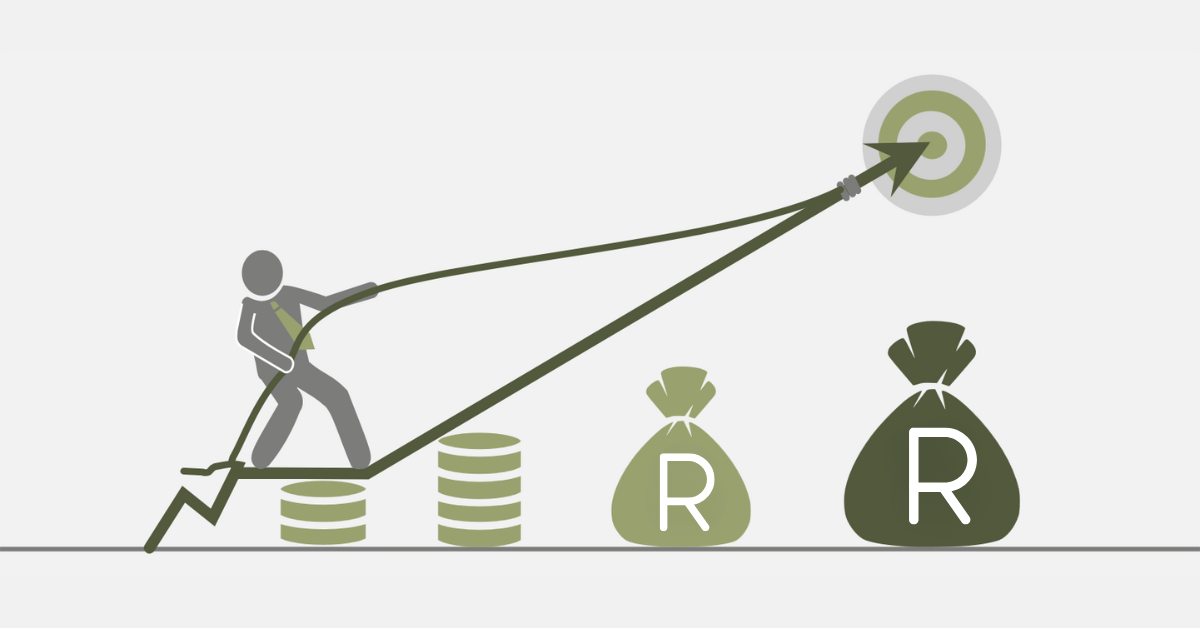
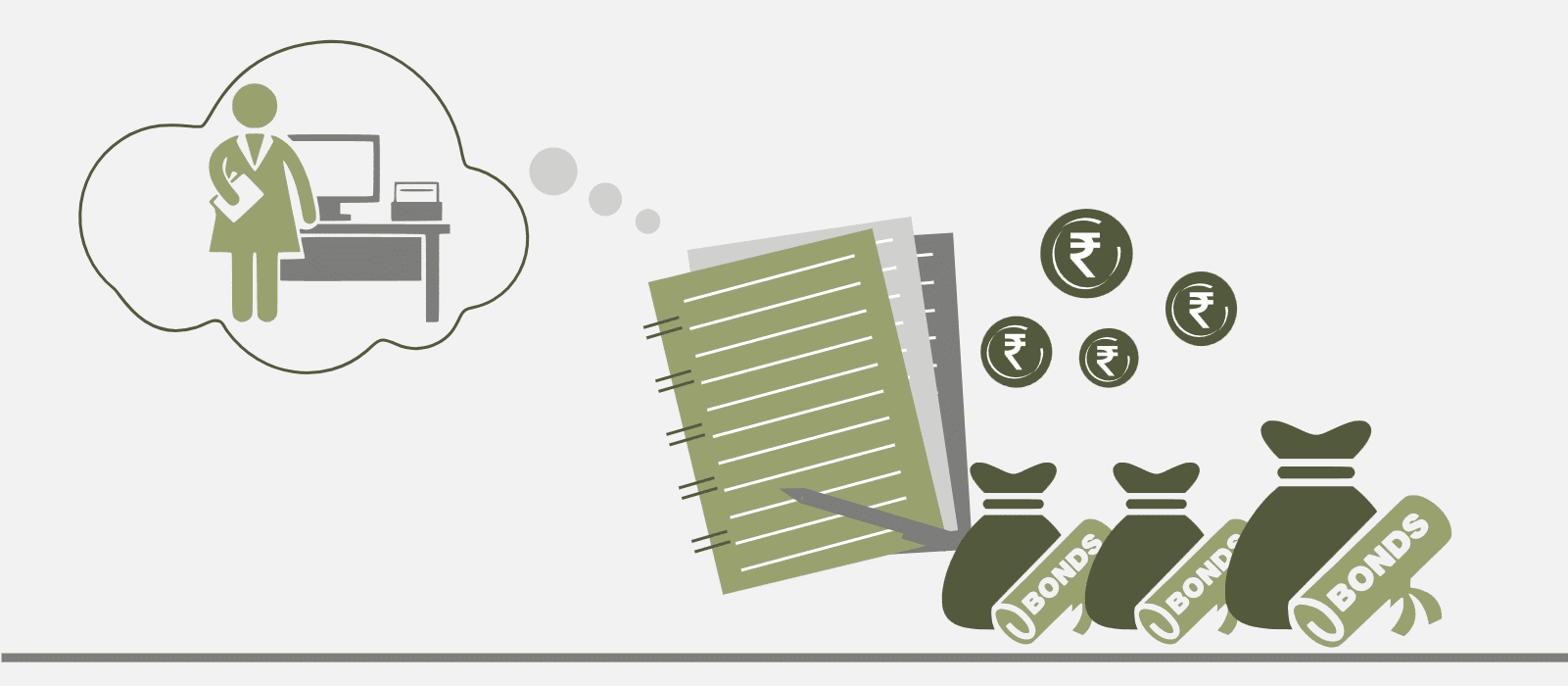
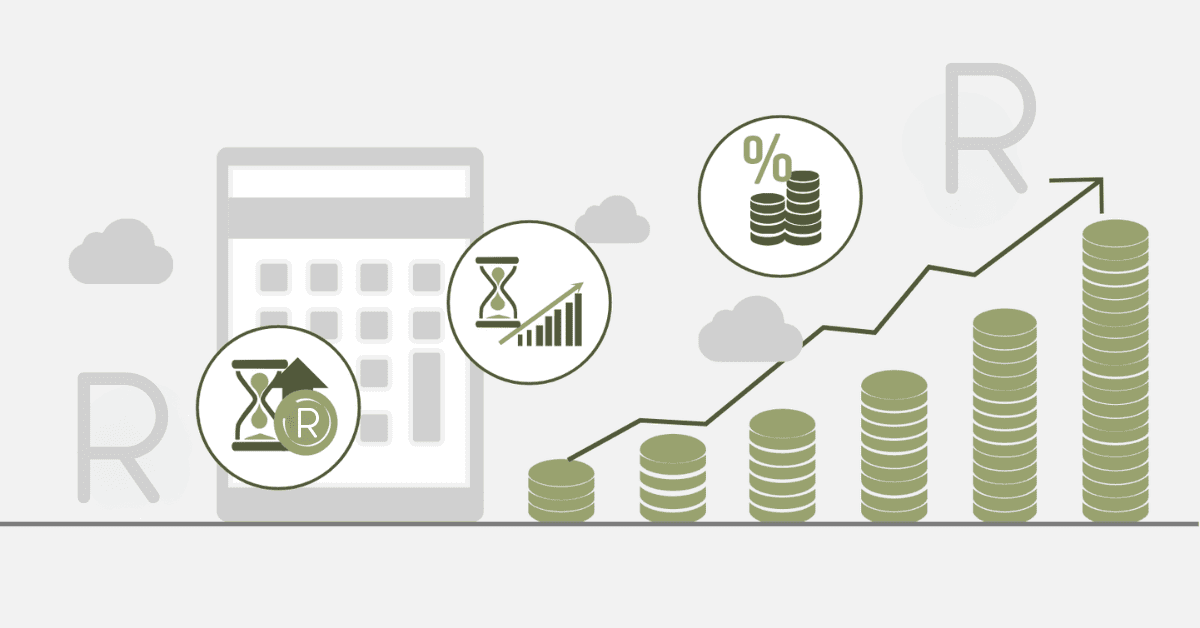
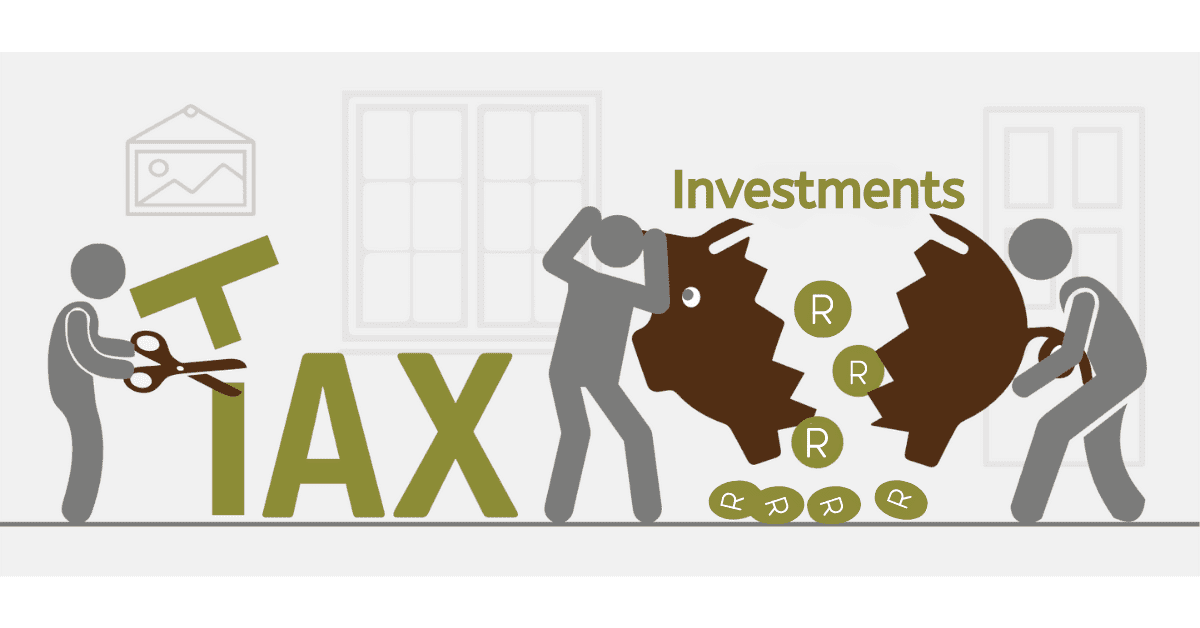
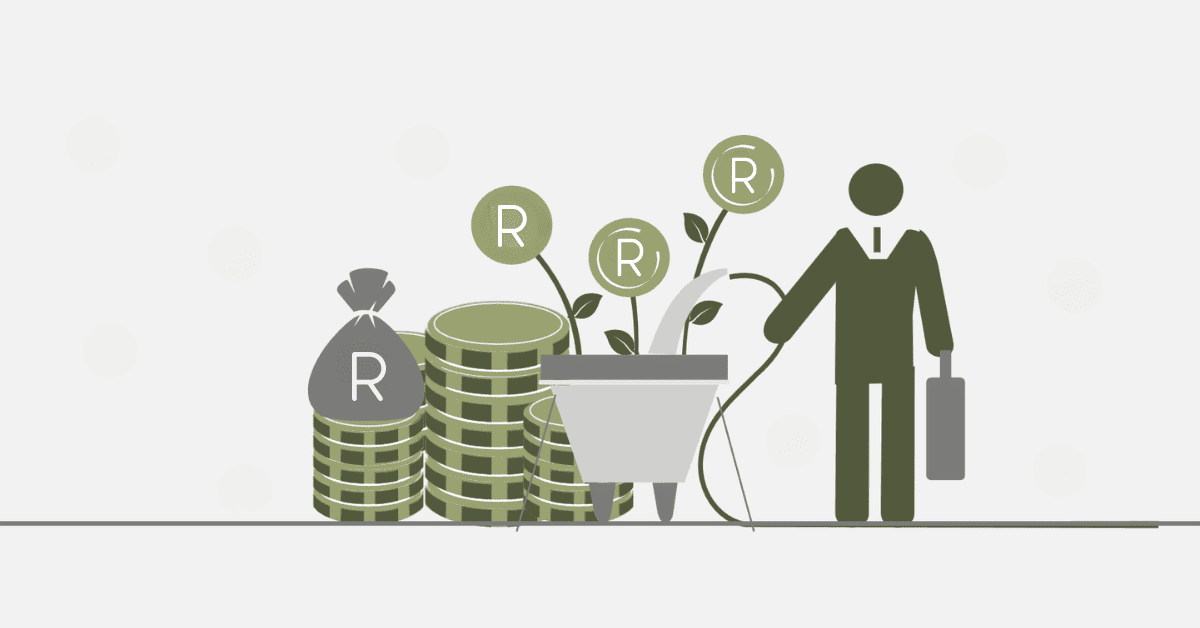


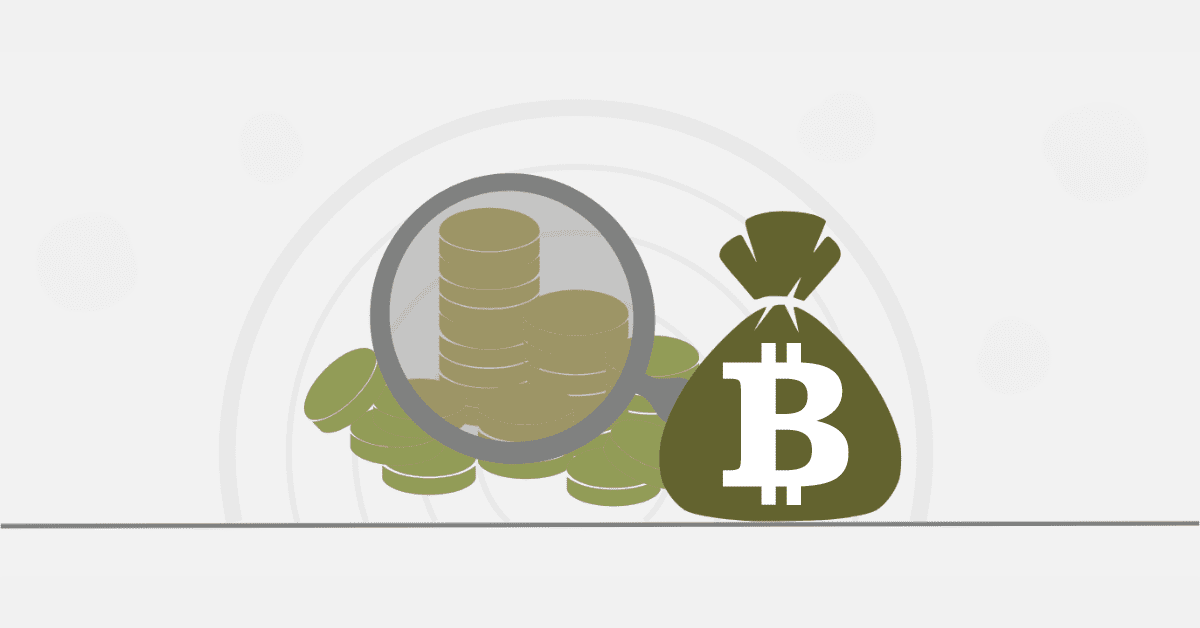

![What are ETF [Exchange-Traded Funds]?](https://www.searche.co.za/wp-content/uploads/etf.webp)
